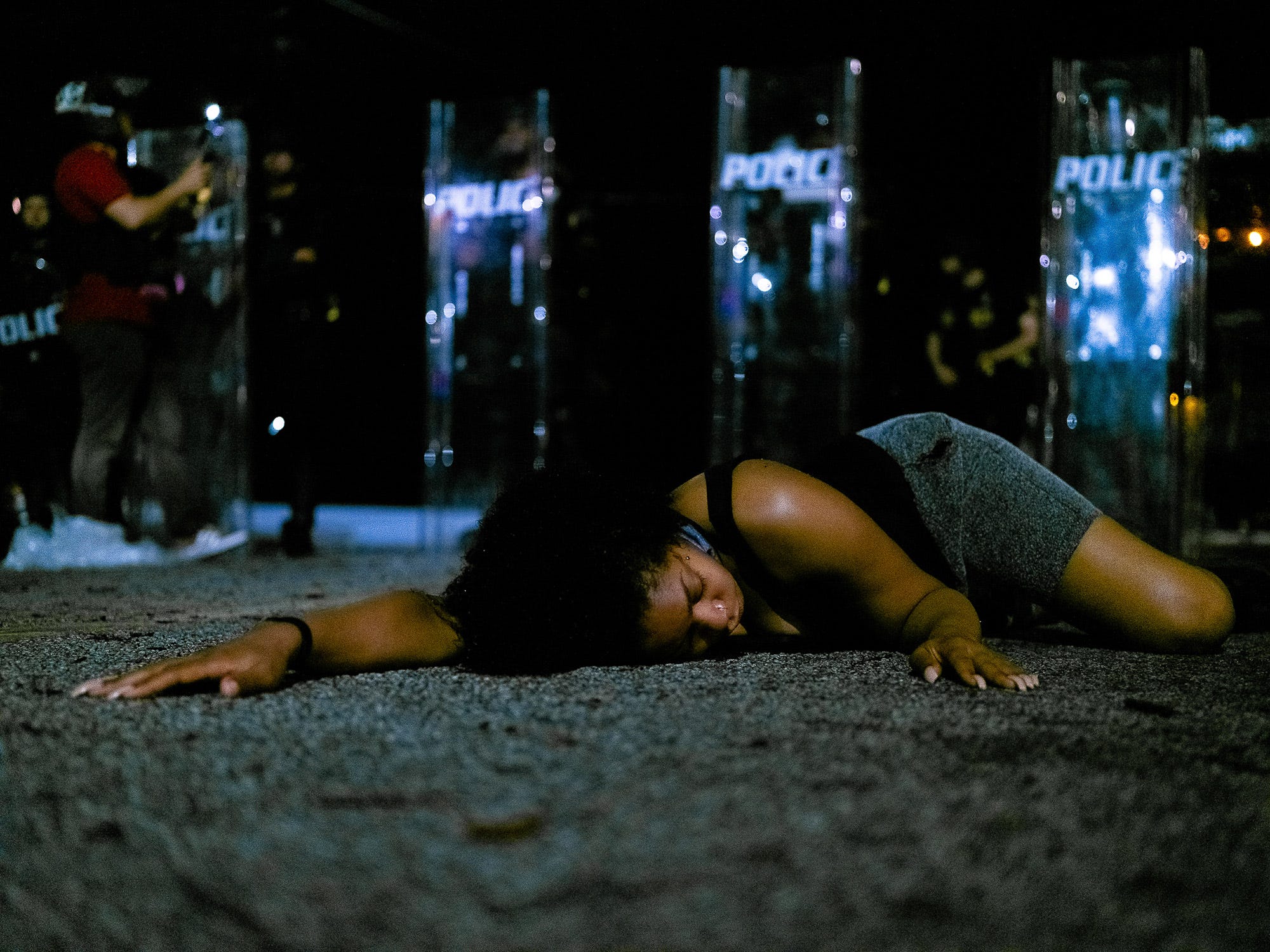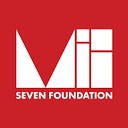Member-only story
“America, Again” | Chapter 5: American Myths
For this chapter of America, Again, we invited photographer Joshua Rashaad McFadden as guest curator, essayist, and photo editor.

What to the oppressed is the American dream? A modern-day query echoing the words of the magnificent Frederick Douglass in 1852 suggests a centuries-long truth of America that has not yet changed, and that the American dream never existed for the marginalized, especially Black Americans.
The following photo essays will explore these truths; it will only begin to examine this country seeking to identify the superficial promises made to its people, the hidden borders and boundaries drawn by the founding fathers to make step-children, and even bastards, of its offspring. These words may seem harsh to some, but no more harsh than the realities of the disparaged who take residence here. These are their stories, offered to the world, to reveal the power of photographic portraiture against injustice.
As a Black man and maker of photographs, much of my work aims to excavate this land and its fabricated laws, in order to dig up the myth of life, liberty, and the pursuit of happiness or freedom. A photographic portrait is a powerful tool that can be used to dive deep into the lives and experiences of a people that often go forgotten. Frederick Douglass has shown us that the written word, coupled with strong portraiture, creates an undeniable narrative of one’s presence and place in the world and that the local newspaper is a way to accomplish that. The photographic series of Amir Saadiq confirms this notion, highlighting the Final Call publication and its message of unification within the Black community and against racism.
Walking the streets of any major U.S. city, one can easily deduce that its people have never all lived the same existence, nor had equal opportunities afforded to them, despite some damaging claims by the Majority population. Evidence proves that true equality and justice has yet to be realized. Legal, residential, and educational systems, to name a few, have been skewed in their application since the country’s faulty establishment. As identified in the work of Sara Terry, those who are unable to navigate these classist, and historically racist, networks fall prey to homelessness, underfunded schools, and little to no access to proper…
